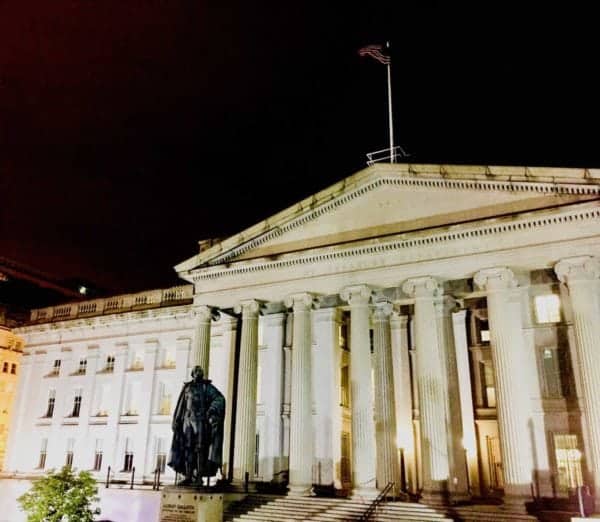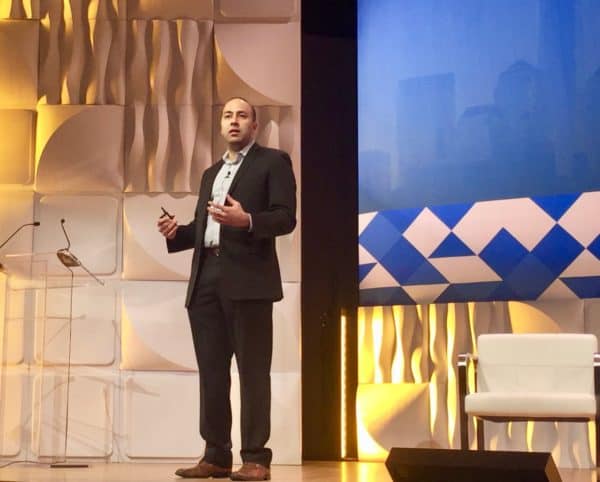At the end of July, the US Department of Treasury published a wide-sweeping document on Fintech innovation in the US and what must be done to boost innovation in financial services. While much of the document addressed much needed regulatory reform and overlapping state and federal rules, included in the publication was a recommendation for the Office of the Comptroller of the Currency (OCC) to move forward with its stagnated Fintech Charter. The concept, introduced 2016, became a turf war between old finance fearful of competition and aspiring Fintechs seeking a streamlined path to operate in all 50 states without having to deal with individual state regulators. Lawsuits were filed, politicians pontificated, and little happened until Treasury recommended in the Fintech report that the OCC “move forward with prudent and carefully considered applications for special purpose national bank charters.” That same day, the OCC commenced accepting applications for Fintechs to apply for a national charter.
 On the day of the announcement, the Comptroller of the Currency Joseph M. Otting, stated;
On the day of the announcement, the Comptroller of the Currency Joseph M. Otting, stated;
“The federal banking system must continue to evolve and embrace innovation to meet the changing customer needs and serve as a source of strength for the nation’s economy. The decision to consider applications for special purpose national bank charters from innovative companies helps provide more choices to consumers and businesses, and creates greater opportunity for companies that want to provide banking services in America.”
Otting added that providing a method for Fintech companies to become national banks will make the federal banking system stronger by boosting economic growth, modernization, and, of course competition. This does not mean that Fintechs have a free pass to provide national services as they must still go through a very rigorous review and compliance process. As the Fintech Charter is quite new, many questions remain as the OCC begins this regulatory journey. The OCC quickly updated their licensing manual to allow Fintechs to understand the requirements and decide if this is a viable path to providing financial services. Today, many Fintechs in the US have piggybacked on external banking charters to offer their services. Many of these same Fintechs may determine this continues to be a more viable path than enduring an OCC review.
Last week, PeerIQ – the leading bridge between institutional money and online lenders – scheduled a webinar to discuss the Fintech Charter including the good and the bad. The panelists explained that Fintechs seeking an OCC charter will need to have a very well documented business plan that specifically highlights economic risk and forecasting. The degree of sophistication may be too much for smaller firms and direct experience in the banking industry, including regulatory experience, will be necessary. Living wills have become common practice in banking and potentially an “onerous regulatory requirement.” In brief, the hurdle to gain a Fintech Charter is very high.
Another twist to the OCC Fintech Charter is that applicants must demonstrate a commitment to financial inclusion. One of the most powerful aspects of financial innovation is the ability to more easily provide services for the underbanked segments of society. Including this qualification is helpful for political c0ver but it also highlights the ability of Fintechs to deliver sophisticated services to small business and consumers – services which may not be available at traditional banks.
CI contacted Ram Ahluwalia, CEO and founder of PeerIQ for some additional perspective on the OCC FIntech Charter. In earlier years, Ahluwalia spent some time working inside the beltway so he has a good understanding as to how DC works. We asked Ahluwalia who will benefit from the OCC Fintech Charter and whether it was big tech, Fintechs or other.
“The long-term winner of the charter is the US consumer who will benefit from greater competition, innovation, and access to the financial system. New technology and entrants will also promote the dynamism and resilience of the US financial system,” stated Ahluwalia. “Payments companies that seek to compete with Visa / Mastercard also stand to benefit. Payments arms of firms like Google, Apple, Amazon, and PayPal would fit the profile, as well as large non-bank lenders that can demonstrate sustainable profitability de-risked their business models. Fintech lenders are a major winner as well as they’ll be able to compete on a more level playing field. Big technology firms have an opportunity to expand their role in financial services as well.”
Conceptually, a Fintech Charter is a boon for Fintechs but traditional finance (IE old banks) may still fight back further delaying the process. Additionally, application review may take some time, according to Ahluwalia;
“Although the OCC will start looking at applications immediately, I would expect the OCC to move deliberately and learn through the process. It may take one to two years before we see approved charters. There is a risk of legal attacks, especially on the first applicants, as state Attorneys General who are questioning the OCC’s authority to regulate Fintechs and may not recognize chartered lenders as a bona fide banks.”
 Ahluwalia speculated the some big Fintechs, such as SoFi and LendingClub, may have quickly moved to pursue the Fintech Charter. SoFi, for one, previously sought an Industrial Bank Charter only to stope the initiative as headwinds were strong.
Ahluwalia speculated the some big Fintechs, such as SoFi and LendingClub, may have quickly moved to pursue the Fintech Charter. SoFi, for one, previously sought an Industrial Bank Charter only to stope the initiative as headwinds were strong.
“The charter will not make sense for the vast majority of Fintechs – of which there are thousands,” shared Ahluwalia. “[These Fintechs] will not be able to satisfy the ‘safety and soundness’ standards. Also, a Fintech may qualify but choose not to so they preserve a culture of growth and innovation rather than take on the significant compliance burdens of running a bank.
So there remains many questions as to how long an approval process will take and how probing the OCC will be in authorizing a newly minted charter.
“The biggest unknowns are the time to complete all the phases of the charter application process,” Ahluwalia shared. “Any associated litigation risk, and the capital and liquidity requirements [could cause delays].”



